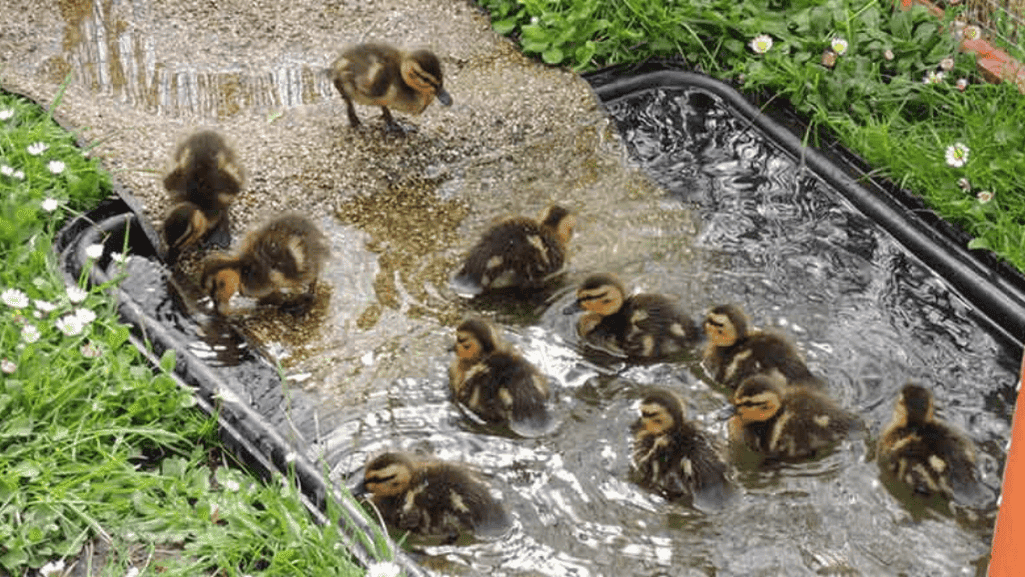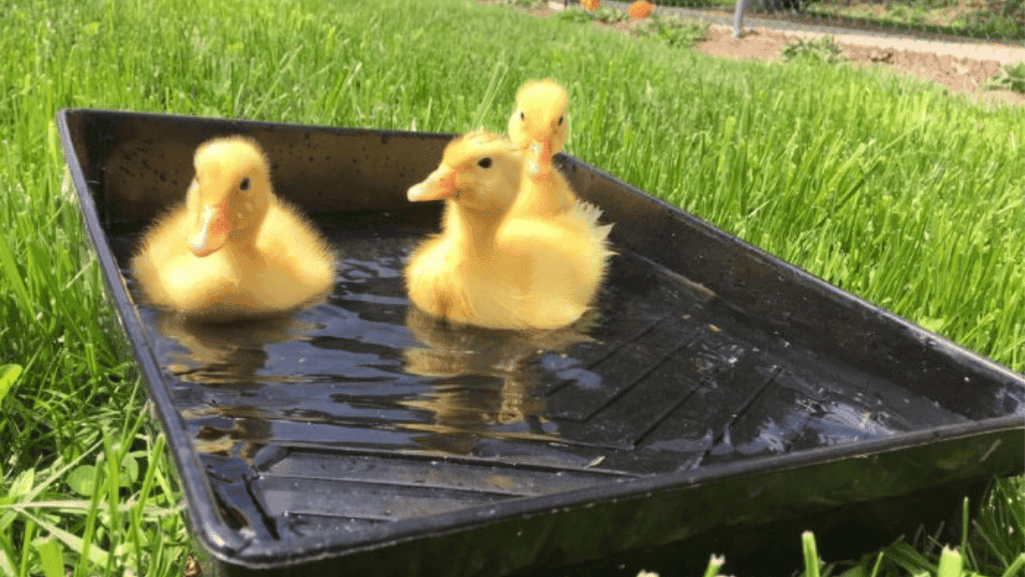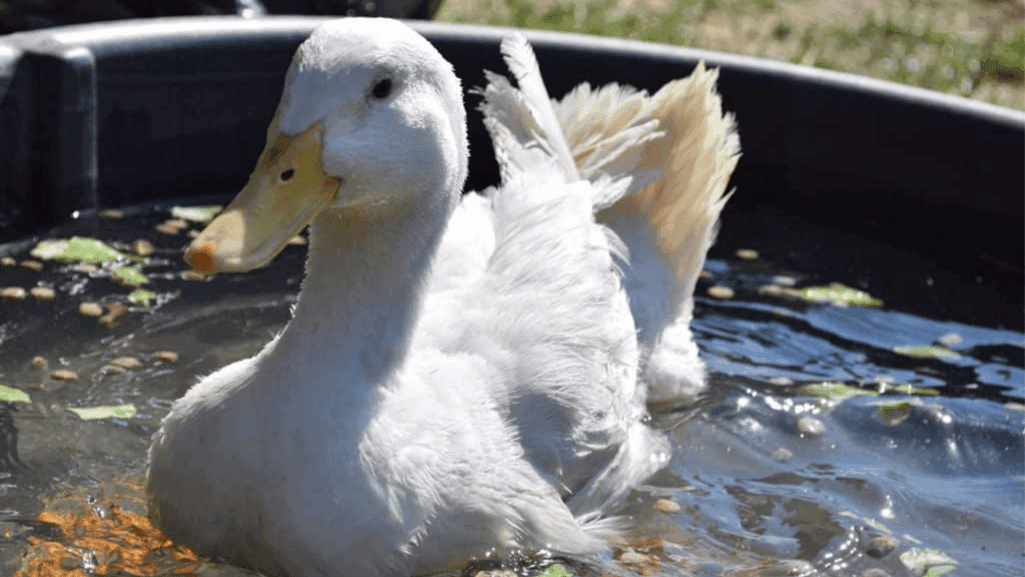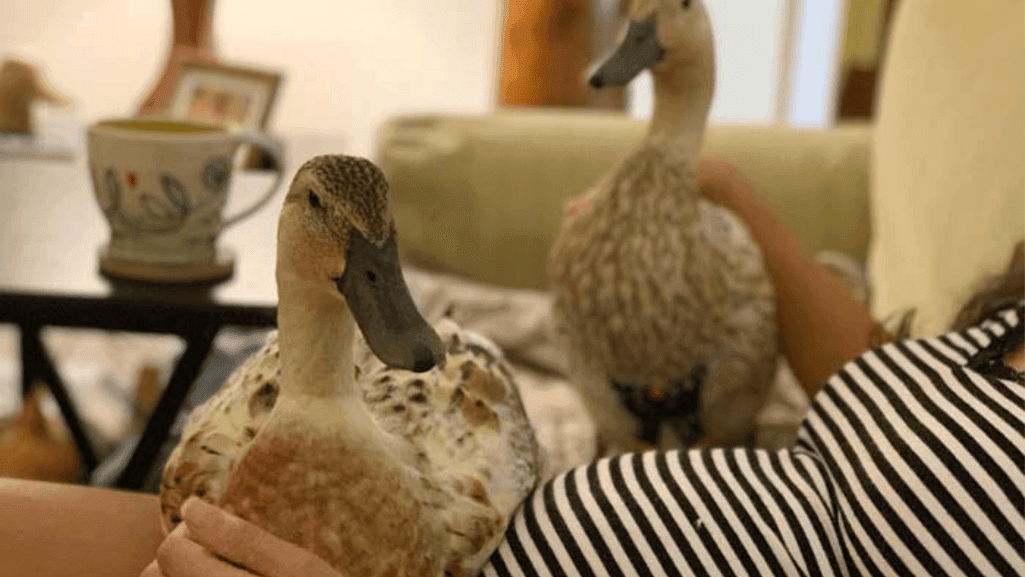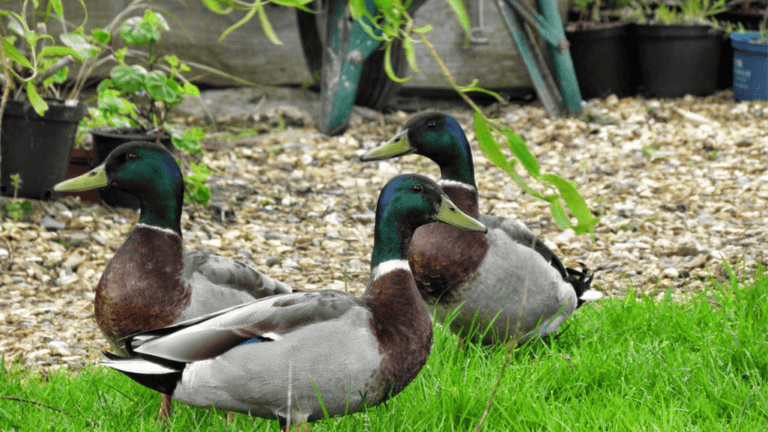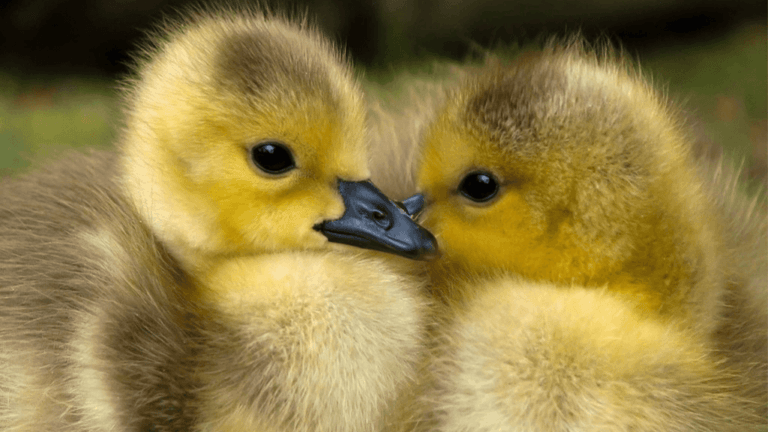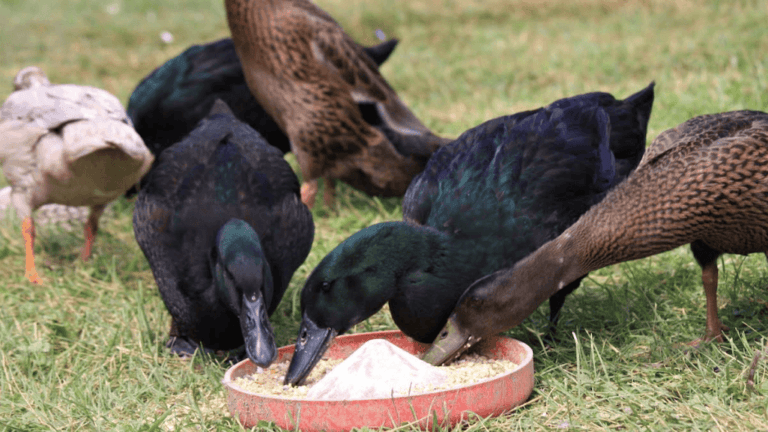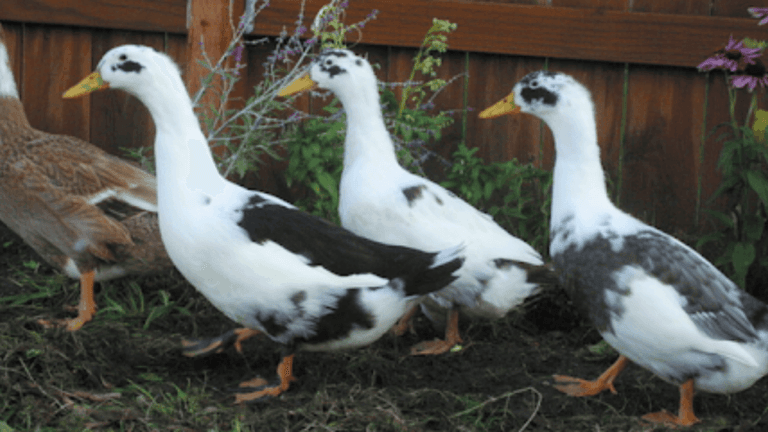Caring for a duck indoors can be very rewarding. But, you need to be well-prepared and know what to do to keep your duck healthy and happy. When raising ducks inside your home, creating a cozy space is key. This guide will help you learn how to care for your duck indoors.
Domesticated ducks can be great pets and even give you fresh eggs. But, they need special care to do well indoors. You’ll need to think about the right space, food, and how to keep them company.
To keep your duck happy and healthy, give them time outside every day. Make sure they have a friend, grit for their stomach, and enough sunlight. Ducks are smart and social, so they need the right care to thrive at home.
Key Takeaways:
- Provide a spacious, comfortable living area for your indoor duck
- Ensure your duck has daily outdoor time in a secure space
- Offer a balanced diet, fresh water, and access to grit for digestion
- Maintain a clean living environment with appropriate bedding
- Offer companionship, as ducks are social creatures
- Monitor your duck’s health and provide necessary veterinary care
- Engage your duck with enrichment activities and socialization
Preparing Your Home for an Indoor Duck
Before getting a pet duck, you need to set up a good indoor duck habitat. Ducks need a safe and comfy place to live. Getting ready the right way will make them happy and healthy.
Choosing the Right Space
When picking a spot for your duck, think about a few things:
- Size: Make sure there’s enough room for your duck to move. Aim for 3 square feet per adult duck.
- Safety: Keep the area safe from dangers like wires or bad plants.
- Accessibility: Pick a spot that’s easy to get to for daily care.
Ducks like to be with others. If you can, get two ducks to keep each other company and reduce stress.
Creating a Comfortable Environment
To make a cozy duck indoor habitat, focus on these points:
- Bedding: Use soft, absorbent bedding like wood shavings or straw to keep your duck warm and dry.
- Shelter: Give your duck a cozy place to rest and hide. This could be a small doghouse or a custom-built shelter.
- Swimming area: Ducks love water. Provide a shallow, easy-to-clean pool or tub for them to swim in.
“Ducks are such social animals, and I couldn’t imagine having just one. I have three ducks to ensure they always have companionship.”
Managing Temperature and Humidity
Ducklings need a warm place to start, about 80-85°F (27-29°C) for the first 3-4 weeks. As they grow, lower the temperature to around 70°F (21°C).
Good air flow is key to keep humidity down and prevent breathing problems. Make sure the indoor duck habitat has enough air without drafts.
By preparing your home well and setting up a good duck brooder setup, you can give your duck a safe and comfy home. Remember, taking care of pet ducks is a big commitment. They can live up to 20 years with the right care.
Essential Duck Supplies for Indoor Care
When you care for ducks indoors, you need to give them the right stuff. This ensures they’re comfy, healthy, and happy. You’ll need to pick the right home for them, feed them well, and keep their space clean.
Appropriate Housing Options
Indoor ducks need a safe, comfy place to live. A dog house or a special duck enclosure works great. Make sure it’s big enough for them to move and stretch.
Also, add a small pool or water dish. Ducks love to splash and preen in water. It’s good for their body and mind.
Food and Water Requirements
Ducks have special food needs to stay healthy. Start with unmedicated duck starter for the first two weeks. It’s full of nutrients for growing ducks.
Later, switch to duck grower and then pullet grower. Don’t forget to give them grit for digestion.
For indoor duck water supply, they need clean water always. The water dish should be deep for them to soak their heads. This keeps their eyes and nostrils clean. Change the water often to keep it clean and prevent bacteria.
Bedding and Cleanliness
Keeping their living area clean is key for your ducks’ health. Change the bedding often to avoid moisture and waste. Use absorbent materials like straw or wood shavings to keep it dry.
Also, clean the whole duck area weekly. Disinfect surfaces, wash dishes, and make sure there’s good air flow. This stops ammonia and other bad gases.
A clean and well-maintained living space is the foundation for happy and healthy indoor ducks.
Daily Care Routine for Indoor Ducks
Creating a daily care routine is key for your indoor ducks’ health and happiness. Give them the right food, keep their space clean, and make sure they get to move and think. This way, your ducks will do well in their indoor home.
Feeding Schedule and Nutrition
Ducks need a balanced diet to stay healthy. Use high-quality duck feed that fits their age and needs. Start with duck starter for the first two weeks, then switch to duck grower from weeks 3-7. Adult ducks need a breeder diet with more calcium from about 8 weeks old.
Add fresh greens, veggies, and grit to their diet. Grit helps them digest food better.
“Ducks are social animals that do well in the company of other ducks, with a recommended group size of three to four for optimal well-being.”
Cleaning and Maintenance Practices
Keeping their space clean is vital for your ducks’ health. Change their water often to stop bacteria growth. Use 10-15cm of deep litter in their coop and change it when needed.
Clean and disinfect their home, feeders, and waterers every week. This helps prevent diseases.
Exercise and Mental Stimulation
Indoor ducks need to move and have fun to stay happy and healthy. Give them shallow water for dabbling and deeper water for swimming. Add toys like floating balls or mirrors for play.
When it’s safe, let them go outside to explore and sunbathe. This is good for their well-being.
Remember, ducks can live up to 20 years. So, caring for them indoors is a big commitment. Focus on their diet, cleanliness, and fun activities. This will make their indoor life happy and healthy. For more on hatching ducklings, see our detailed guide.
Health and Well-Being of Indoor Ducks
Keeping indoor ducks healthy is key to their happiness and long life. As a duck owner, knowing common health issues is important. Also, regular vet visits, vaccinations, and parasite control are musts. This way, your duck can enjoy life as a beloved pet.
Recognizing Common Health Issues
Knowing about common duck health problems is essential. Look out for signs like tiredness, not eating, weird poop, and breathing issues. Watching your duck closely can help spot health problems early. If you see anything odd, get help from a bird vet right away.
Routine Veterinary Care
Finding a good bird vet is important for your duck’s health. Regular vet visits are key for check-ups, shots, and care. These visits help your vet keep an eye on your duck’s health and give advice on food, home, and fun activities. Good vet care helps your duck stay healthy and happy.
According to experienced duck owners, having a duck first aid kit is vital. It should have things like antiseptic, gauze, scissors, and vet contact info. This kit helps in emergencies and keeps your duck safe.
Vaccination and Parasite Control
Keeping your duck safe from diseases and parasites is important. Talk to your vet about vaccinations for your duck. They might need shots for diseases like viral enteritis and avian flu. Also, regular deworming and parasite treatments keep your duck healthy.
“Ducks are vulnerable to predation from various animals, including raccoons, foxes, dogs, and birds of prey. Measures to protect ducks from predators include securing predator-proof housing, using fencing or electric netting, installing motion-activated lights or alarms, and supervising ducks during free range time.”
Remember, your duck’s health is up to you. Stay alert, care for them well, and work with a trusted vet. This way, you can make a safe and loving home for your feathered friend.
Socialization and Behavioral Considerations
When keeping ducks indoors, their socialization and behavior are key. Ducks love to be around others and need interaction. They need a good place to live that meets their physical and emotional needs.
Bonding with Your Indoor Duck
Creating a strong bond with your duck is important. Spend time with them, doing gentle activities and talking. Start talking to them before they hatch and keep it up to build trust.
Give them treats when you approach to make them feel safe. Always move calmly and at their level to avoid scaring them. This helps keep their trust and happiness.
Understanding Duck Behavior
To care for your duck well, you need to know how they act and what they say. They use sounds and body language like head bobbing and tail wagging. Paying attention to these helps you meet their needs and solve problems.
Be careful because ducks can get hurt by predators day or night. Make sure their home is safe. Also, keep a good balance of male and female ducks to avoid fights.
Enrichment Activities for Indoor Ducks
It’s important to keep your duck’s mind active. Give them toys like balls and puzzle feeders to keep them busy. They also need water to swim in, which helps them stay healthy.
Let them go outside in a safe place to explore. Ducks like to be with others, so make sure they have friends. By focusing on indoor duck socialization and their needs, you can make their life happy and fulfilling.


